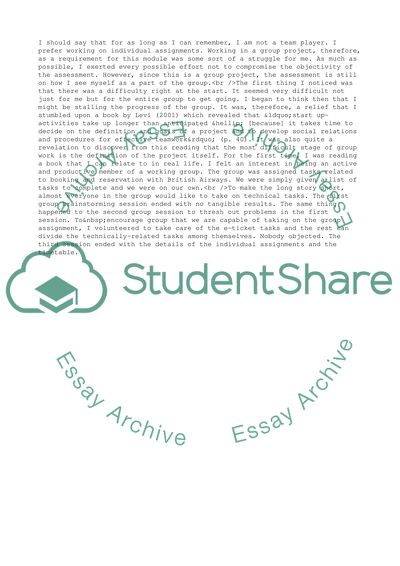Cite this document
(Team Working Skills Assessment Coursework Example | Topics and Well Written Essays - 2000 words, n.d.)
Team Working Skills Assessment Coursework Example | Topics and Well Written Essays - 2000 words. https://studentshare.org/management/1555931-management-and-behaviour
Team Working Skills Assessment Coursework Example | Topics and Well Written Essays - 2000 words. https://studentshare.org/management/1555931-management-and-behaviour
(Team Working Skills Assessment Coursework Example | Topics and Well Written Essays - 2000 Words)
Team Working Skills Assessment Coursework Example | Topics and Well Written Essays - 2000 Words. https://studentshare.org/management/1555931-management-and-behaviour.
Team Working Skills Assessment Coursework Example | Topics and Well Written Essays - 2000 Words. https://studentshare.org/management/1555931-management-and-behaviour.
“Team Working Skills Assessment Coursework Example | Topics and Well Written Essays - 2000 Words”. https://studentshare.org/management/1555931-management-and-behaviour.


